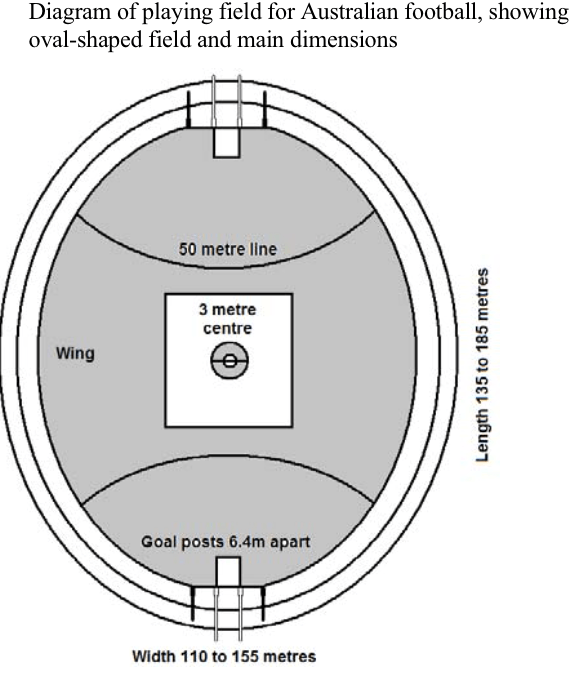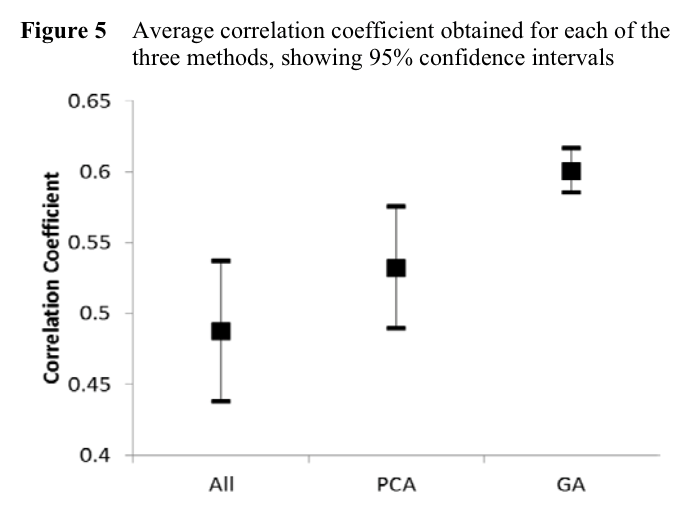Who, what & why?
We posted previously on how HRV could predict performance of individual runners or cyclists with almost uncanny accuracy. Now, Australian informatics researchers working together with a biomedical scientist and an AFL coach have taken it up a notch in sophistication to see whether any of a number of different match performance stats for individual players could be predicted from heart rate variability (HRV) analysis.
The combination of skills here is important to be able to capture and interpret physiological data from players and athletes and to give confident predictions on game play performance.
What did they do?
Monitoring
HRV was monitored at the same time every day on 44 professional AFL players over a 12 week period. RR interval data was captured using a Polar chest strap, the ithlete ECG receiver, and a version of the ithlete software specially modified for this study.
Game data was derived from GPS sensors worn by the players during the games, and included measures of distances covered at various speeds (reflecting work intensity), as well as a total player load calculation. The researchers also recorded the size of playing field and temperature for the match, since these vary quite a bit in AFL matches.
Data mining
Several different methods of analysis were used to identify relationships between the monitored data i.e. HRV, field size, match temperature and various aspects of the players’ performance as measured by the GPS units.
What is especially interesting is that they didn’t start with any assumptions on what would relate best using which technique, and the data mining software had to do the hard work of finding relationships. They also used techniques to reduce the number of possible independent variables (inputs) such as principal component analysis and a genetic algorithm that aimed to maximize the performance of the regression techniques. This is where the informatics specialism really came into its own!
What did they find?
They found a large number of significant correlations, with sophisticated regression techniques, such as sequential minimal optimization, in combination with the genetic algorithms producing some correlations between HRV variables and player performance stats of >0.7 (mean correlation 0.6 95% range 0.58 – 0.62). In particular, HRV could predict total Player Load, Cruise, Jog, Walk and Total Match Distance with a level of confidence similar to that found with the individual athletes in earlier studies.
What does it mean?
It is early days for this kind of technique, and this is just the first study for team sports performance prediction, but if these results turn out to be repeatable, the ability of coaches to manage training loads and select players for games could be transformed using HRV monitoring of the players. The study extends the HRV performance prediction work done with runners and swimmers that we summarised previously to team sports, and is a further exciting development underpinning the value of sensitive physiological measures such as ithlete HRV to indicate when players are in good game form as well as when they need additional rest.
The data mining techniques are also similar to the ones we are developing in our collaboration with Edinburgh University for embedding in ithlete Pro. We’re still looking for volunteers to provide anonymized data too!
The original research:
Cornforth, D., Campbell, P., Nesbitt, K., Robinson, D. and Jelinek, H.F. (2015) ‘Prediction of game performance in Australian football using heart rate variability measures’, Int. J. Signal and Imaging Systems Engineering, Vol. 8, Nos. 1/2, pp.80–88.


